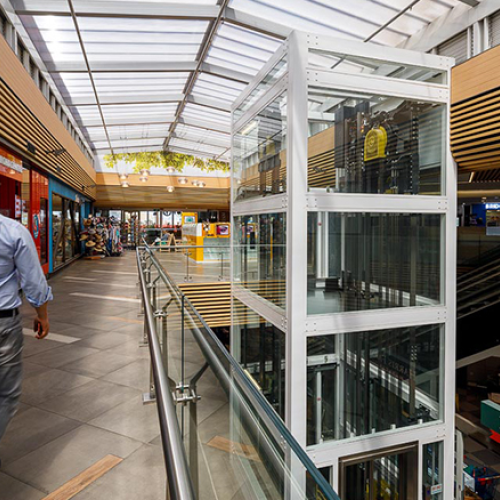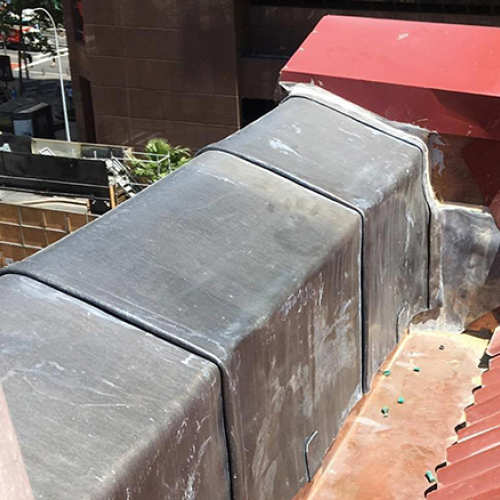The construction industry faces a myriad of challenges, with one of the most complex being remediation projects. From addressing environmental contamination to managing structural defects, construction companies encounter various obstacles that require strategic navigation and expertise. In this article, we explore how construction companies in Sydney navigate these intricate remediation challenges to deliver successful outcomes.
Environmental Remediation:
Environmental contamination, which includes soil or groundwater pollution, is a common issue faced by construction companies in Sydney. Remediation projects involve the cleanup and restoration of contaminated sites to meet the pre-established regulatory standards and protect public health and the environment.
To navigate these challenges, construction companies must conduct thorough site assessments, develop remediation strategies, and adhere to strict environmental regulations set forth by authorities such as the New South Wales Environment Protection Authority (EPA) or the ones relevant to your local city. Collaboration with environmental consultants and regulatory agencies is essential to ensure compliance and mitigate risks throughout the remediation process.
Structural Defects and Building Failures:
Addressing structural defects and building failures poses significant challenges for construction companies in Sydney. Whether caused by design flaws, poor workmanship, or natural disasters, these issues require careful analysis, remediation planning, and execution.
Construction companies must engage structural engineers, building inspectors, and other experts to assess the extent of the defects and develop effective repair solutions. Additionally, adherence to building codes and standards, such as those outlined by the Australian Building Codes Board (ABCB), is essential to ensure the structural integrity and safety of remediated buildings.
Heritage Preservation and Conservation:
Sydney’s rich architectural heritage presents unique challenges for construction companies involved in remediation projects. Preserving and conserving heritage buildings and structures while addressing remediation needs requires a delicate balance between restoration and modernization.
Construction companies must navigate regulatory requirements set forth by heritage preservation bodies such as the Heritage Council of New South Wales and collaborate with heritage architects and specialists to develop sensitive remediation strategies that respect the historical significance of the site.
Community Engagement and Stakeholder Management:
Remediation projects often impact local communities and stakeholders, requiring construction companies to engage in proactive communication and consultation processes. Effective stakeholder management involves identifying and addressing community concerns, providing transparent information about remediation activities, and soliciting feedback throughout the project lifecycle.
Construction companies in Sydney must establish open channels of communication with residents, government agencies, businesses, and other stakeholders to build trust, mitigate conflicts, and foster positive relationships within the community.
Technological Innovation and Best Practices:
Embracing technological innovation and best practices is essential for construction companies to navigate complex remediation challenges effectively. Advanced technologies like drones, remote sensing, and geographic information systems (GIS) enable more accurate site assessments, data collection, and monitoring of remediation activities.
Furthermore, adopting industry best practices, such as sustainable remediation techniques and green infrastructure solutions, can enhance the efficiency, cost-effectiveness, and environmental sustainability of remediation projects in Sydney.
Risk Management and Contingency Planning:
Managing risks and implementing contingency plans are critical aspects of navigating complex remediation challenges in Sydney’s construction industry. Construction companies must identify potential risks, such as regulatory changes, budget overruns, or unforeseen site conditions, and develop proactive risk mitigation strategies. Establishing robust contingency plans allows construction companies to respond promptly to emergencies, minimise disruptions, and ensure the timely completion of remediation projects.
Navigating complex remediation challenges in Sydney’s construction industry requires a strategic approach, interdisciplinary collaboration, and adherence to regulatory standards. By addressing environmental contamination, structural defects, heritage preservation, community engagement, technological innovation, risk management, and contingency planning, construction companies can overcome obstacles and deliver successful remediation outcomes that benefit both the environment and the community.
For expert remediation solutions specific to your commercial construction project in Sydney, trust CD Construction, one of the leading commercial construction companies and remediation contractors in the area. Contact us today to discuss your remediation needs and discover how our expertise can ensure the success of your project.






